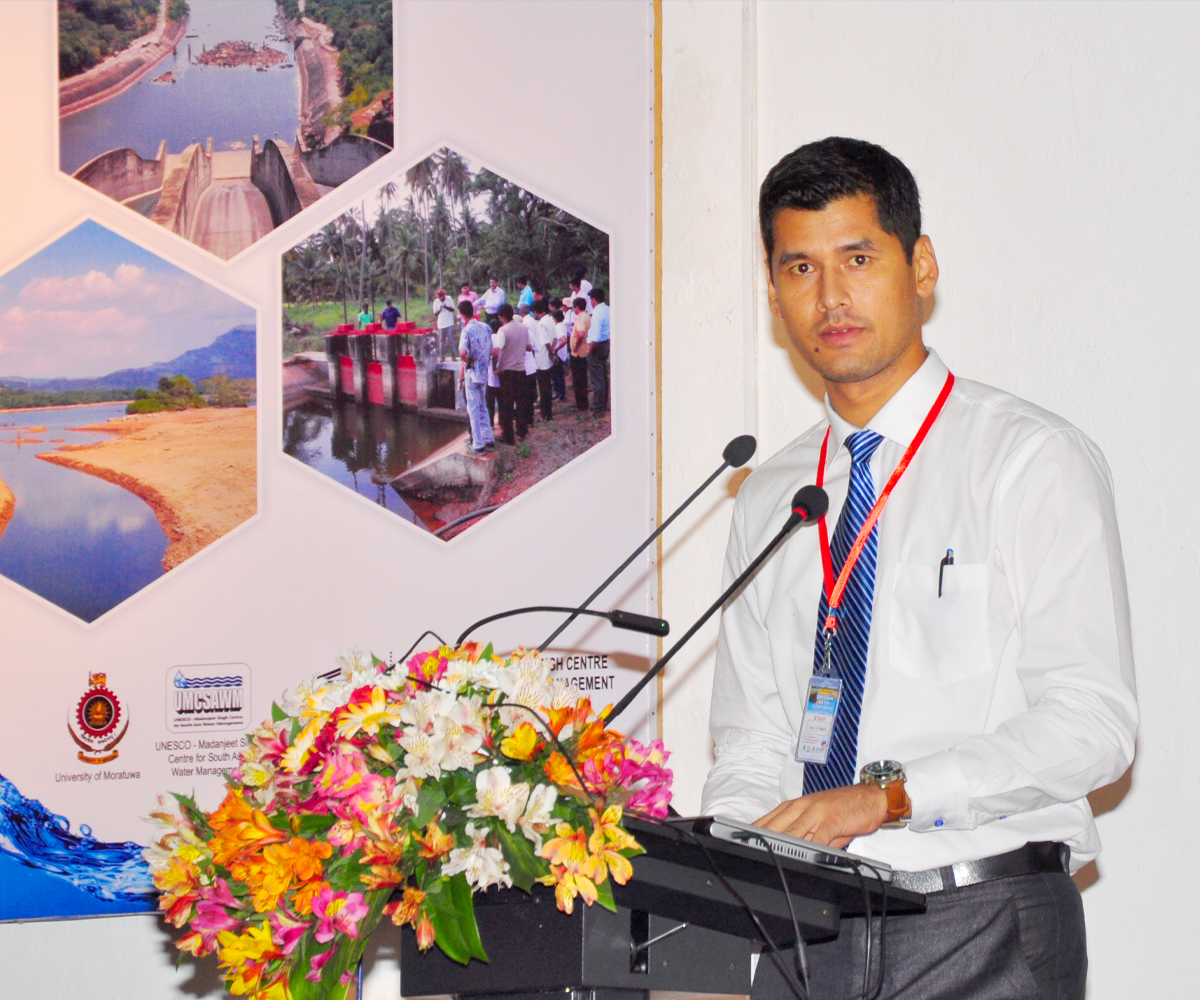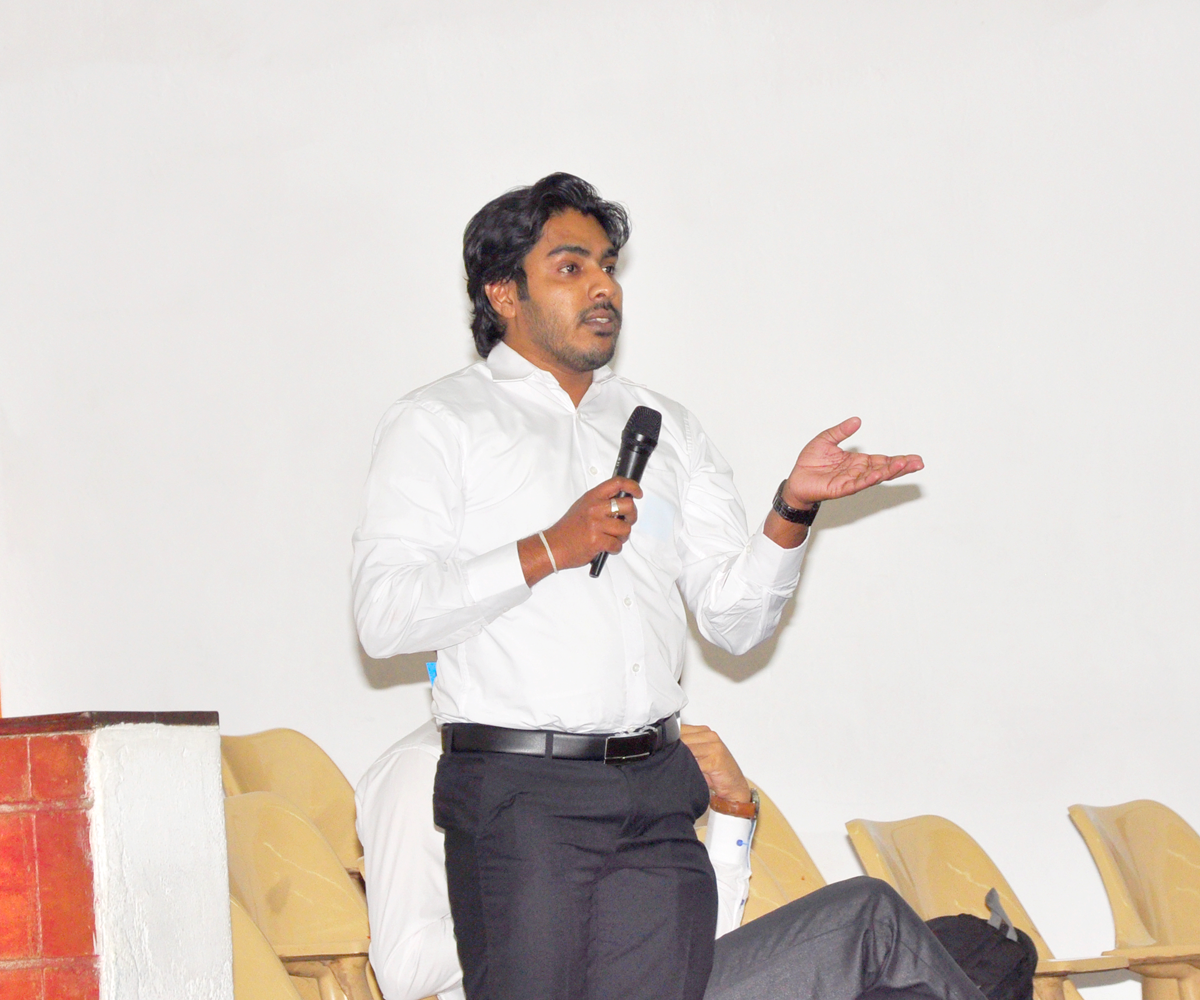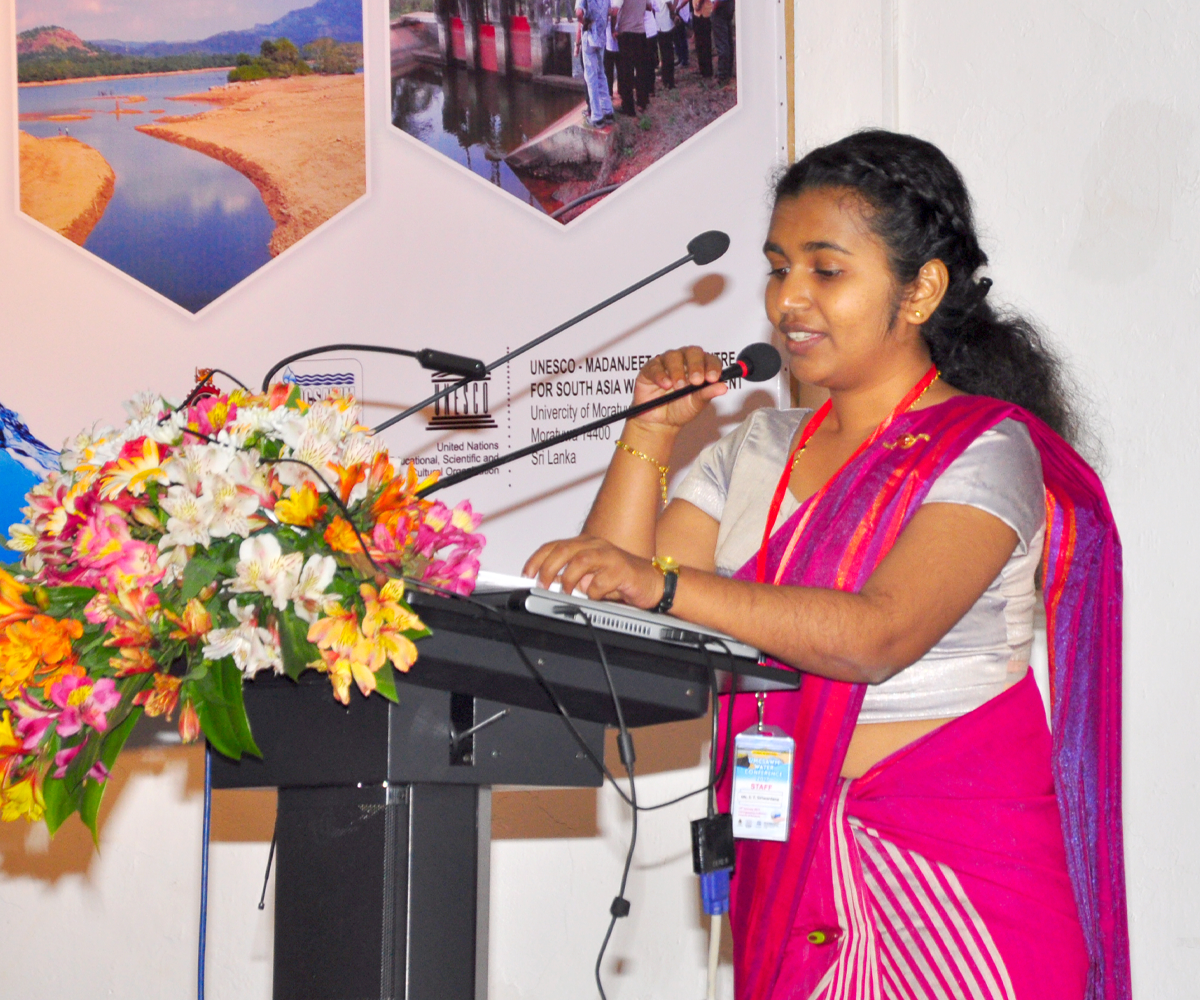Water Conference

Though water resources engineering and management is vital for development activities of any country, water data collection is limited in most of the developing nations. Until recently, streamflow was gauged only in about 40 locations within the 103 river basins in Sri Lanka. The demand for data is on the rise with the increase in computational power of computers, the advances in mathematical modelling of hydrology, the demand for physics based distributed models and the demand for more water due to population rise. The biggest problem faced by civil engineers who deal with water resources is the lack of gauged data. Application of mathematical models to estimate, forecast and determine design parameters for ungauged watersheds require very clear up-to-date guidelines.
Solving of challenging field level problems in water engineering and management involves a knowledge in the application of mathematical models, a clear understanding of hydrologic and hydraulic principles, a sufficient insight on the social and environmental parameters and an understanding on the methods to converge when ungauged situations are encountered.
It is a great relief that the Irrigation Department Guidelines developed 1984, under the guidance of Engineer A.J.P Ponrajah is currently serving as the only Sri Lankan guideline for drainage and water resources designs. Though this guideline contains immensely valuable information, most of the data, parameters, topics and methods require updating because world over research has advanced tremendously with the scientific advancements especially in the areas of computers and information technology. However, until the authorities’ initiate action to update these guidelines, the civil engineers in Sri Lanka in any sector dealing with irrigation, drainage and floods have to be content with the current Irrigation guideline of 1984.
The civil engineers must not only be conversant about water and its textbook parameters which are mostly applicable to other parts of the world, but also must be aware of the strengths and weaknesses of available Sri Lankan guidelines and data. They should also be aware of solving practical problems without weeping over lack of updated guidelines and sufficient gauged data. The postgraduate degree programs of the UMSAWM and associated research are designed to cater to these needs.


This conference is to demonstrate the potential of our postgraduate students to systematically apply hydraulic and hydrologic principles, available guidelines, parameters and data to solve real life problems while verifying the solutions to ensure satisfactory implementation. In this conference proceedings, there are 19 selected papers on hydrology, water resources, Irrigation, GIS, water supply, solid waste planning, Integrated water resources management and mathematical modelling amidst situations of climate change. This conference will provide the opportunity for the decision makers from the industry to observe, question and discuss about the practical problems in the country and the solutions proposed by our students through their Problem Based Learning projects and research projects.
It is our fervent hope that the Sri Lankan industry and international institutions will identify the strength and potential of thorough teaching in the current postgraduate degree program conducted by UMCSAWM and the Department of Civil Engineering, which would then lead to a wider participation enhancing the critical mass of water engineers and managers.




Copyright © 2025 UNESCO Madanjeet Singh Centre for South Asia Water Management
WordPress Theme by WPZOOM
